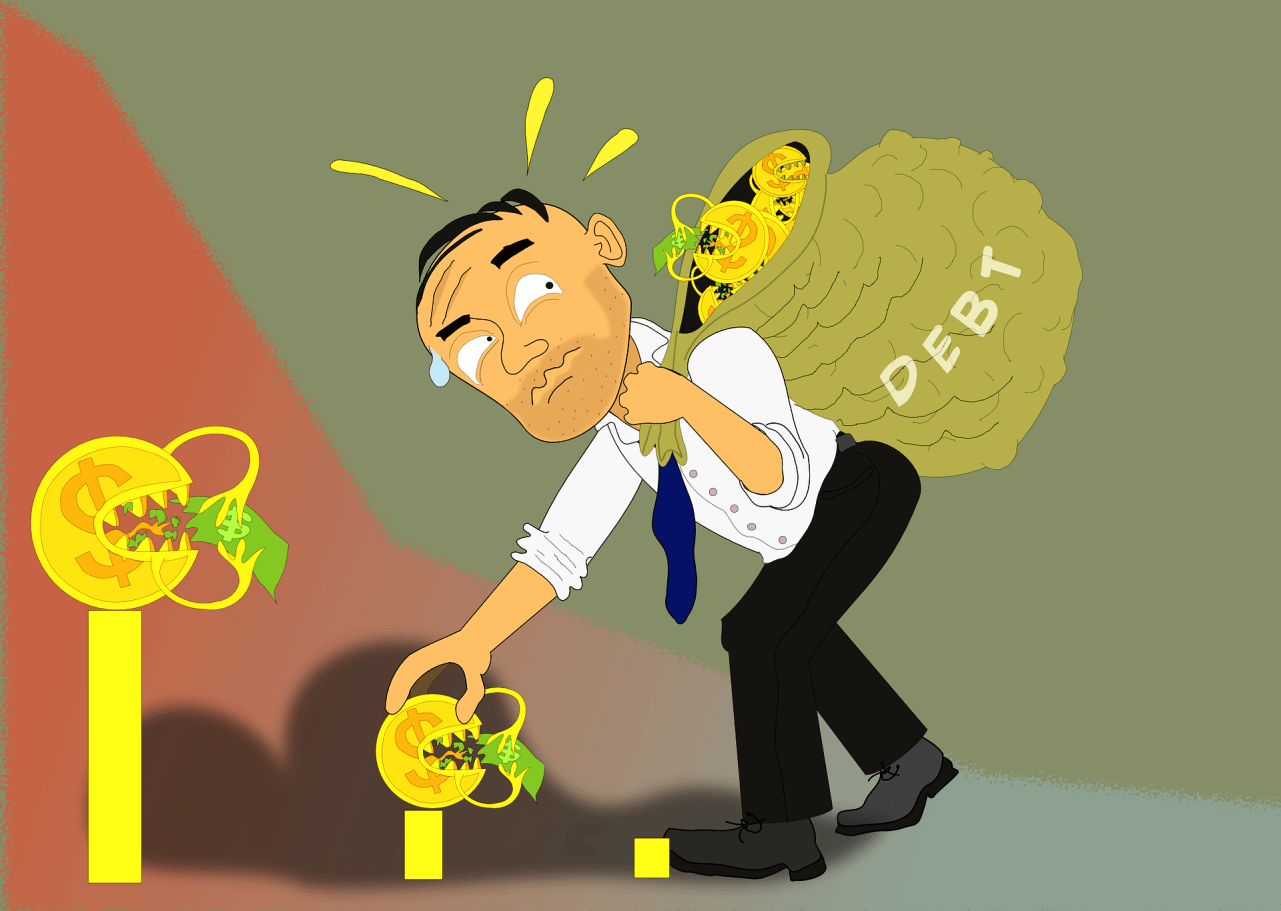Knowing the Costs Associated with Domain Name Sales and Ensuring Clear Communication Between Buyer and Seller to Avoid Any Confusion or Misunderstandings.
If you have sold a domain name, congratulations! It can be a great feeling to know that your asset has found a new home and that you have been compensated for it. But with any sale comes the question of who is responsible for paying any associated fees. In the case of a domain name sale, the answer can be a bit complicated.
In general, the buying party is responsible for paying any fees associated with the transfer of the domain name. This can include marketplace fees, transfer fees, and other related costs. However, this is not always the case. It is important to make sure that the terms of the sale are clear before proceeding with the transaction.
One potential cost that can arise in a domain name sale is the marketplace fee. Many domain name sales are conducted through a marketplace, such as Sedo, Afternic, or GoDaddy Auctions. These marketplaces charge a fee for their services, usually a percentage of the final sale price. The fee can vary depending on the marketplace and the specifics of the transaction.
In some cases, the buyer may be responsible for paying the marketplace fee. This is often the default setting for many marketplaces. However, it is also possible for the seller and buyer to negotiate who will pay the fee. This can be a point of negotiation during the sale process. It is important to be clear about who will be responsible for paying the marketplace fee before the transaction is completed.
Another potential cost in a domain name sale is the transfer fee. When a domain name is sold, it needs to be transferred from the seller’s account to the buyer’s account. This process can sometimes involve a fee. The cost of the transfer fee can vary depending on the domain registrar and the specifics of the transfer.
Like with the marketplace fee, it is generally the buyer’s responsibility to pay the transfer fee. However, this can also be negotiated between the buyer and seller. It is important to make sure that the transfer fee is accounted for in the final sale price.
More than marketplace and transfer fees, there may be other costs associated with a domain name sale. For example, if the domain name is subject to trademark or copyright issues, the buyer may need to pay for legal fees to ensure that the transfer of the domain is legal. This is another potential cost that should be discussed during the negotiation process.
So, if you sold a domain name, do you have to pay anything? Generally, the answer is no. The buyer is typically responsible for paying any fees associated with the transfer of the domain. However, it is important to make sure that the terms of the sale are clear before proceeding with the transaction. If there are any additional costs associated with the sale, such as legal fees, those should also be discussed and agreed upon before the sale is completed.
Selling a domain name can be a great venture. However, it is important to understand who is responsible for paying any associated fees before proceeding with the sale. Generally, the buyer is responsible for paying any marketplace and transfer fees. However, it is possible to negotiate these costs between the buyer and seller. Make sure that all costs associated with the sale are accounted for before completing the transaction.
Have you ever sold a domain name? Who was responsible for paying the fees associated with the sale? Share your experiences in the comments below!

